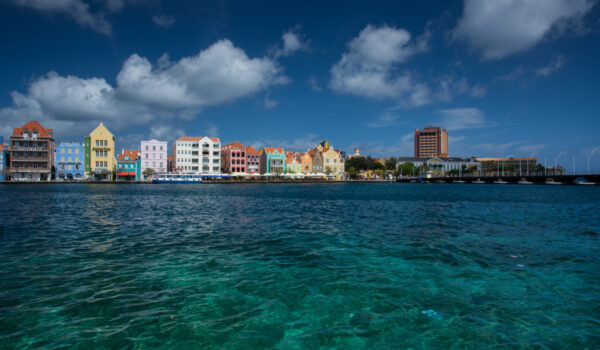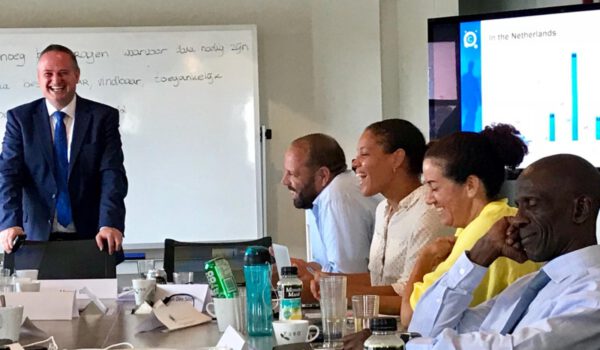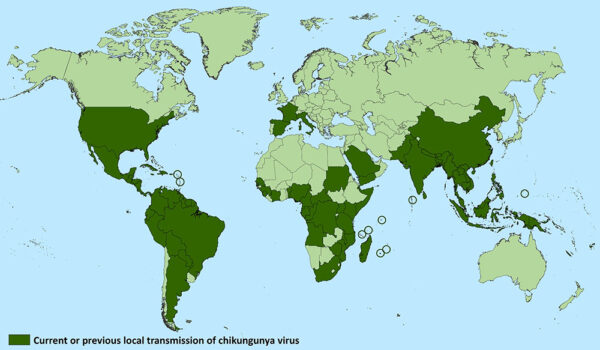Dutch Caribbean preparedness for mosquito-borne infectious diseases
Background
With their dependence of tourism, the climatic conditions favoring mosquito establishment, and their central position in wildlife migratory routes, the Dutch Caribbean are potential hot spots for outbreaks of virus diseases spread by arthropod vectors (arboviruses), like Zika virus, yellow fever, and others. The Dutch Caribbean have staff with expert knowledge on arboviruses in the local context, but limited resources to detect and investigate such biological invasions and pathogen spread, both in terms of tools and infrastructure. DUCAMID is a project subsidized by the Dutch grant agency NWO and is aimed to investigate potential factors that facilitate introduction of new viruses in the Dutch Caribbean, where Curacao and St Eustatius are the representatives of the different islands. The approach of this project is to screen resident mosquitoes for presence of different arboviruses and factors such as a their virome as determinant of susceptibility. Also the immunity of the population will be studied as a parameter that prevent or stimulate introduction of a new arbovirus in the islands. The overarching goal of this project is to develop tools for implementation in future risk-based surveillance targeting mosquitoes and reservoir hosts such as birds, that can be operated in the local research institutes with a public health mandate. DUCAMID brings together the key players in Curacao, and Sint Eustatius with partners in the Netherlands (Erasmus MC as WHO collaborating center for arboviruses and director of the EID research theme, and Wageningen University with its vector ecology research program), focussing on a comprehensive program of arbovirus preparedness research. The partners involved in DUCAMID from the Dutch Caribbean islands play an important role in research on vector-borne diseases on the island of Curacao, and are linked to regional research and public health expertise (Ross Institute, University of Florida, Pan American Health Organization), thus securing a problem-oriented research agenda that is relevant to the disease problems in the region, and translation of research findings in the same context.
Study questions
Several studies will be conducted to assess the risk for arbovirus introduction in the Dutch Caribbean. The following questions will be addressed:
1. Is there evidence for presence of certain arboviruses in mosquitoes in Curacao and St Eustatius?
2. Is there an association of mosquito virome and susceptibility to arbovirus infection?
3. Is there evidence for presence of arboviruses in different species of birds in Curacao and St Eustatius?
4. What is the competence of Culex and Aedes mosquitoes for several arboviruses?
5. How does the cross-reactive immune response to alpha- and flaviviruses affect infection with a new alpha- and flaviviruses?
Study period
2017 – 2021
Partners
Erasmus Medical Center
Wageningen University
Curacao Biomedical & Health Research Institute (CBHRI)
Caribbean Netherlands Science Institute (CNSI)
Eastern Caribbean Public Health Foundation (ECPHF)







